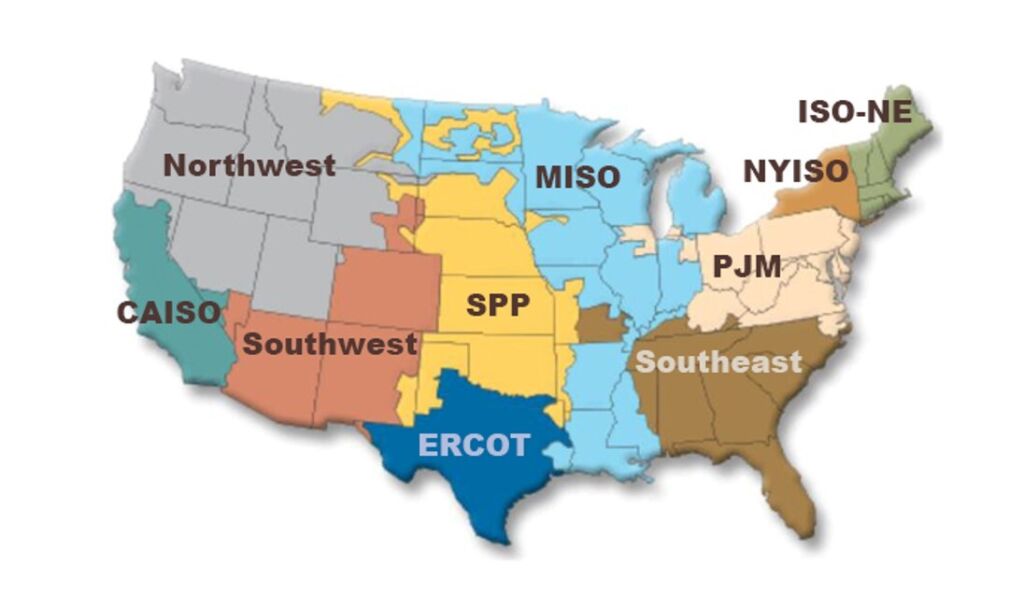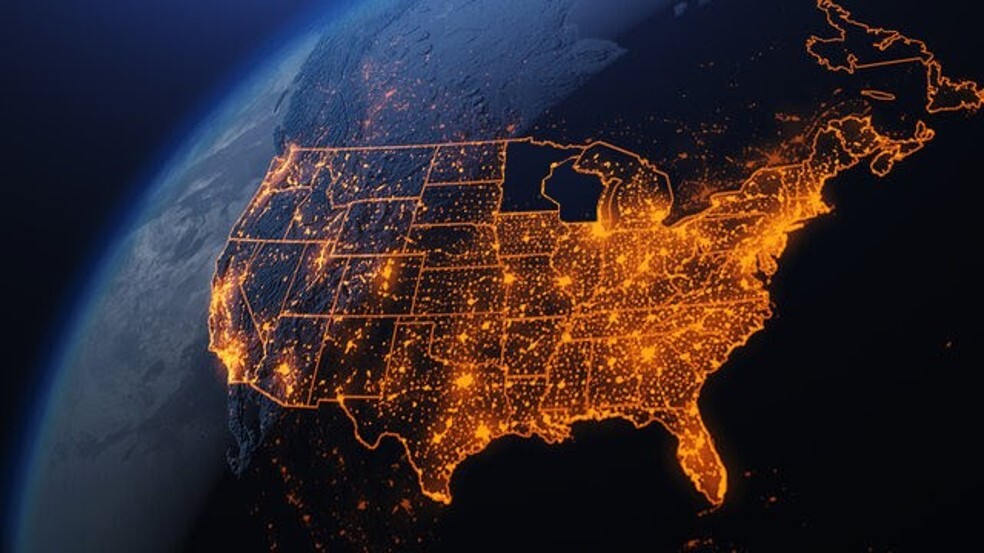Four regional grid operators are concerned EPA carbon rules will undermine electric reliability
On August 8, four regional grid operators, Pennsylvania Jersey Maryland (PJM), the Midcontinent Independent Systems Operator (MISO), the Electric Reliability Council of Texas (ERCOT), and Southwest Power Pool (SPP) issued joint comments voicing their concerns about new rules regulation carbon dioxide emissions promulgated by the U.S. Environmental Protection Agency (EPA).
These RTOs operate in all or parts of 30 states and the District of Columbia, providing electric service to 154 million Americans, roughly half of the population of the United States.

In their joint comments, the RTOs detailed their concerns about the impacts the proposed greenhouse gas rules would have on the reliability of the electric grid, stating:
“As the penetration of renewable resources continues to increase, the grid will need to rely even more on generation capable of providing critical reliability attributes. With continued and potentially accelerated retirements of dispatchable generation, supply of these reliability attributes will dwindle to concerning levels…. New technologies and industry practices are developing to enable the integration of significant inverter-based generation that provide needed essential reliability services, but the Joint ISO/RTOs are concerned about a scenario in which, similar to that stated above, needed technologies are not widely commercialized in time to balance out large amounts of retirements.”
These concerns echo those raised by American Experiment in our comments to the EPA, where we warned the agency that its modeled MISO grid of the future under the proposed rules was dangerously unreliable, resulting in massive rolling blackouts.
American Experiment’s reliability modeling found one blackout would be 26,000 megawatts, an amount so massive that it would be the equivalent of the entire states of Minnesota and Wisconsin going completely dark at the same time.

The Joint RTOs offered several suggestions to improve the rules but urged the EPA not to adopt the final rule before allowing “for a more thorough exploration of the reliability impacts of the proposed Rule and its impact on investment decisions, and to discuss these conclusions with the ISOs/RTOs.”
EPA’s proposed rules on greenhouse gas emissions threaten to induce the shut down the coal-fired power plants that remain crucial to the reliability of the electric grid within the next decade. The RTOs correctly state that the reliable attributes of these plants are not easily replaced by wind and solar facilities. Hopefully, EPA heeds their warning.